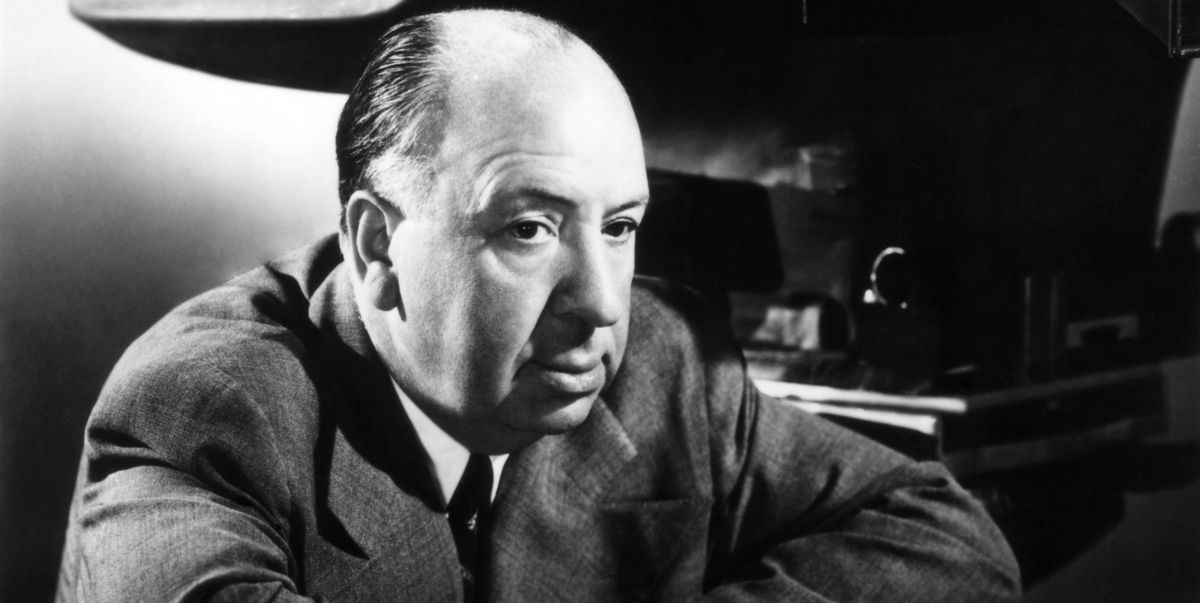Popular directors within the genre
Alfred Hitchcock
Hitchcock was a movie director that worked throughout the 20th century and was known as the "master of suspense" for his work within the crime / thriller genre. In 1899 he was born into an English home in London. Throughout his childhood he wanted to be a designer so he enrolled at the University Of London and after graduating found a job designing title cards for an American film company. However this company shut down its British branch and Hitchcock was forced to work independently and find jobs for himself. He eventually worked up to the role of director in his first film "Peabody" however the project was discontinued due to a lack of funding. Eventually he co-directed his first film in 1923 called "Always tell your wife". Hitchcock continued to direct films working up to international releases in the mid 1930's.
In order to achieve success, Alfred decided to pursue the idea of 'Give them pleasure. 'The same pleasure they have when they wake up from a nightmare'. He understood that the public always confused the use of surprise and suspense. For example in a situation where the viewers are unaware of a coming event and it happens, that is surprise. However suspense is when the audience know what is going to happen and the film works up to that moment. He suggests that suspense cannot be accelerated as it would destroy its function. This idea contributed to his fame and due to this he became one of the greatest directors of the thriller genre.

David Fincher
He has won academy awards for his direction such as 'The Social Network' which is based on the founding of the social media platform called Facebook. Fincher has used a certain camera technique to make the viewers feel connected and or able to relate to the character he is trying to create. Whenever that character moves Finch would have the camera speed mimic the speed at which the character is moving. This would require advanced choreography however it has a big impact on the viewer as it strengthens the relationship between character and audience.

Brian De Palma
Born in the early 40's Palma has had a career spanning over 50 years and still has more self - written and directed films currently in preproduction. Initially Palma wanted to be a physicist so enrolled at Columbia University, however after watching Hitchcock's 'Vertigo' he became obsessed with film. Soon after, Palma decided he wanted to pursue film and began his studies in media. He was taught by some of the most famous filmmakers in the 1960's whose techniques influenced his work in the future.
De Palma's films were always in one of two categories: psychological thrillers and commercial films. For example, Mission impossible is a commercial film and is a more action based thriller which started one of the biggest film franchises still producing film to this day. However his more psychological based thrillers like Scarface was more of his typical violent movie. De Palma used certain camera techniques which help to create the drama / suspense he desires in his films. Sometimes he will use a 360' pan and other slow pans to create an ongoing sense of suspense which is tightly choreographed. He won a BAFTA and an academy award for his direction of 'The untouchables' which is his most well known film.

This initial research into the most popular directors within the genre will allow me the opportunity to use similar techniques in my thriller to create a similar effect. Warners use of tracking shots is something I am excited to try and implement into my own work.

Comments
Post a Comment